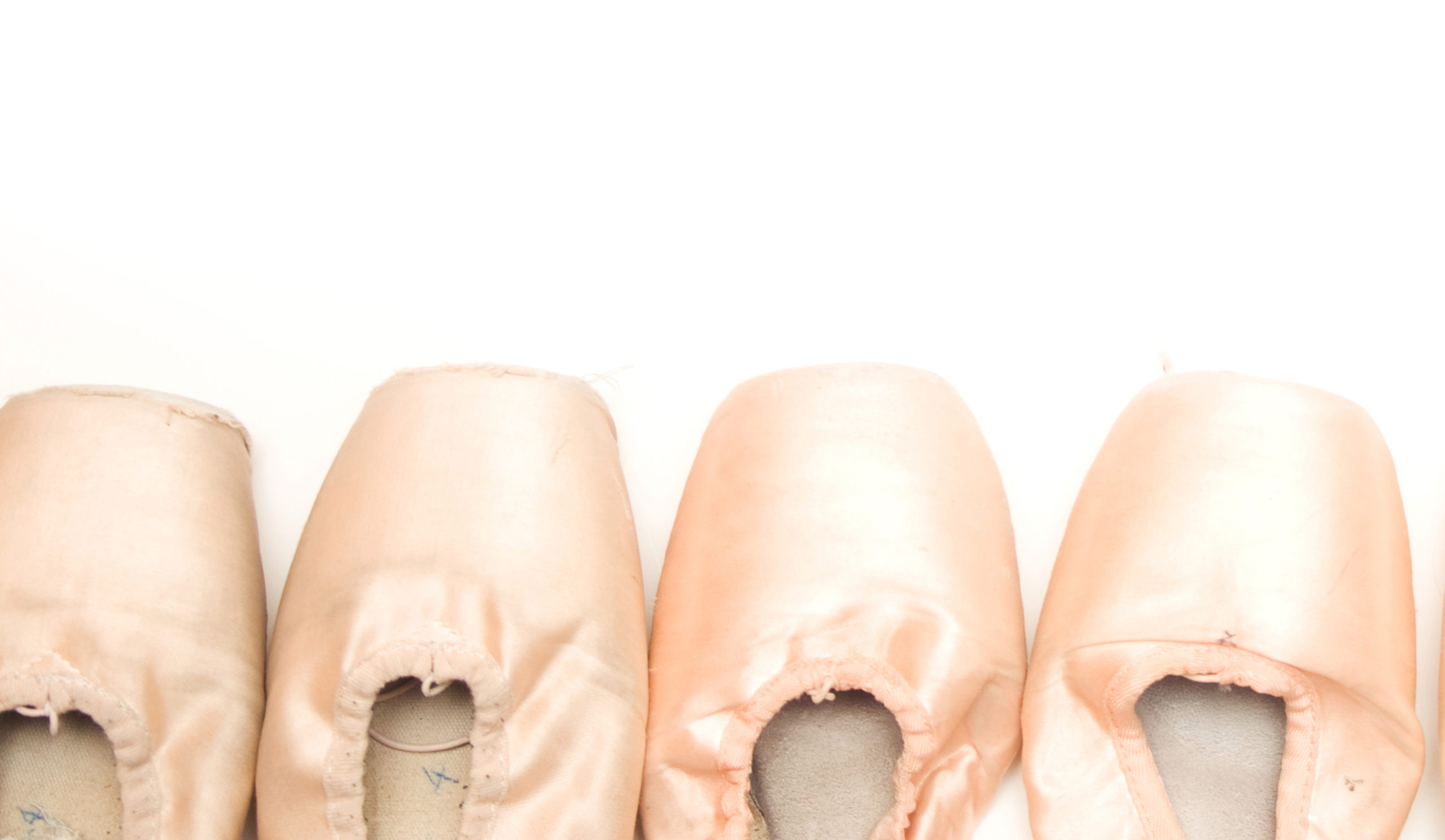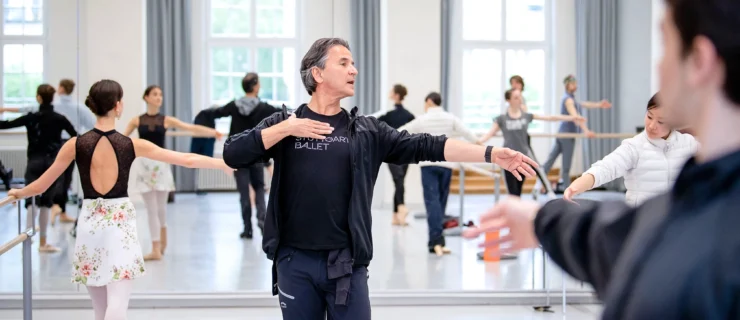The Juice vs. Whole Fruit Dilemma
When you’re reaching for an orange in the morning before rehearsal, is it better to grab a piece of whole fruit or drink a glass of juice? The answer you may be used to hearing is fruit, since the juice has less of its beneficial fiber and is higher in sugar. But a recent study published in the Journal of Agricultural and Food Chemistry found that orange juice may actually release more carotenoids and flavonoids (immune-boosting phytonutrients) than the same amount of whole fruit.
Researchers analyzed fresh oranges in three forms: peeled pieces, mashed puree and juice (both fresh-squeezed and pasteurized). Initially, there was little difference in the carotenoid levels, and the juice had lower flavonoid levels than the other forms. But they later found that significantly more carotenoids and flavonoids were released from the juice during digestion than from the slices or puree. Carotenoid release went up from 11 to 28 percent in the fresh juice, and up to 39.5 percent in the pasteurized juice; and nearly five times more flavonoids were released in the juice compared to the whole fruit. (Researchers think the extra carotenoids released in pasteurized juice may have something to do with heat).
The results are encouraging, but they don’t mean you should ditch your oranges for juice altogether. Typical store-bought orange juice still contains more sugar than you might want. And since the study used a model to mimic digestion, more research would need to be done to truly understand how well these nutrients are absorbed in the human body. On the mornings you do opt for orange juice, researchers suggest trying the kind with pulp to maximize fiber intake. And maybe those immune-boosting properties will help protect against cold season so you can keep working hard in the studio.





